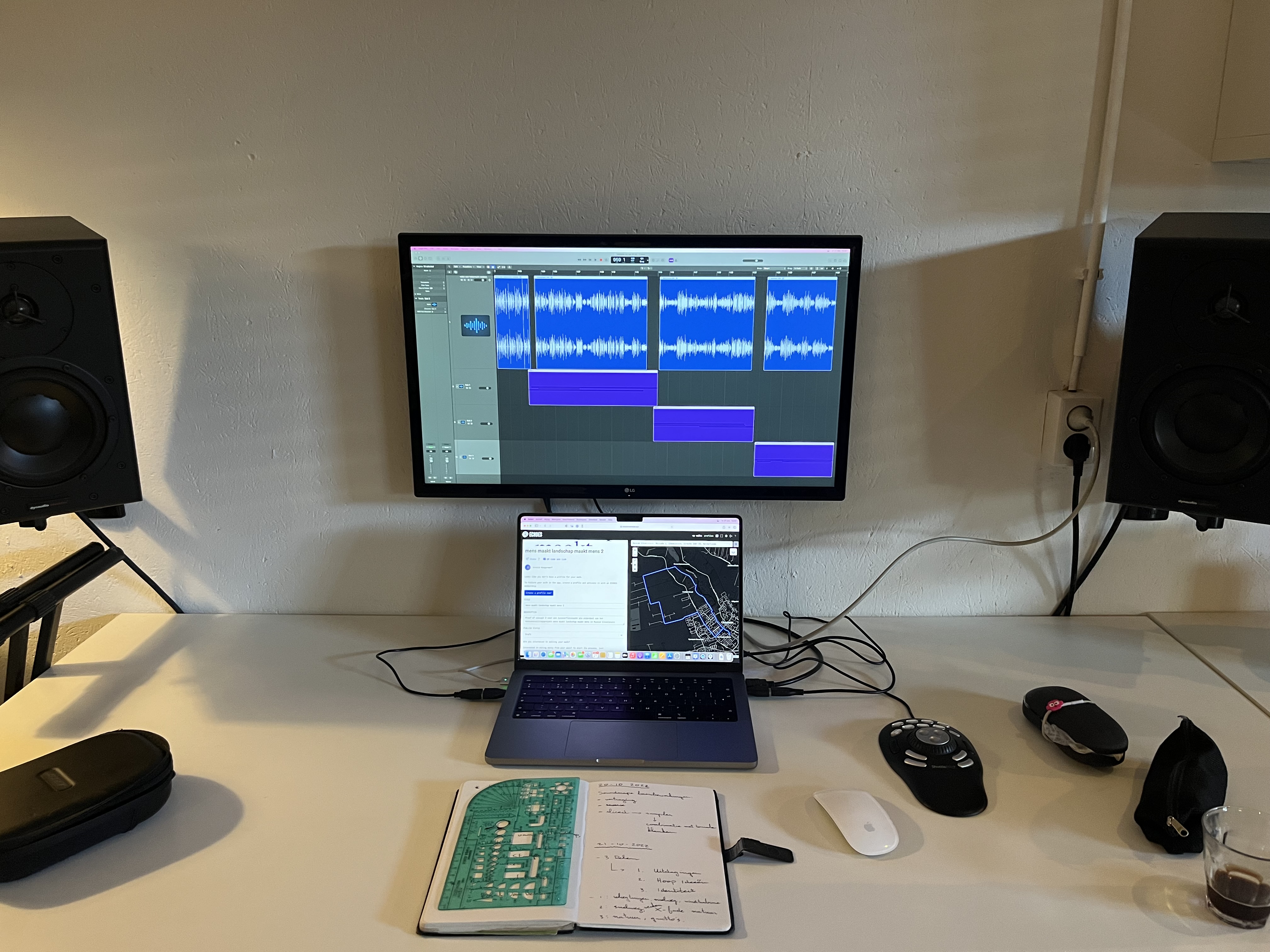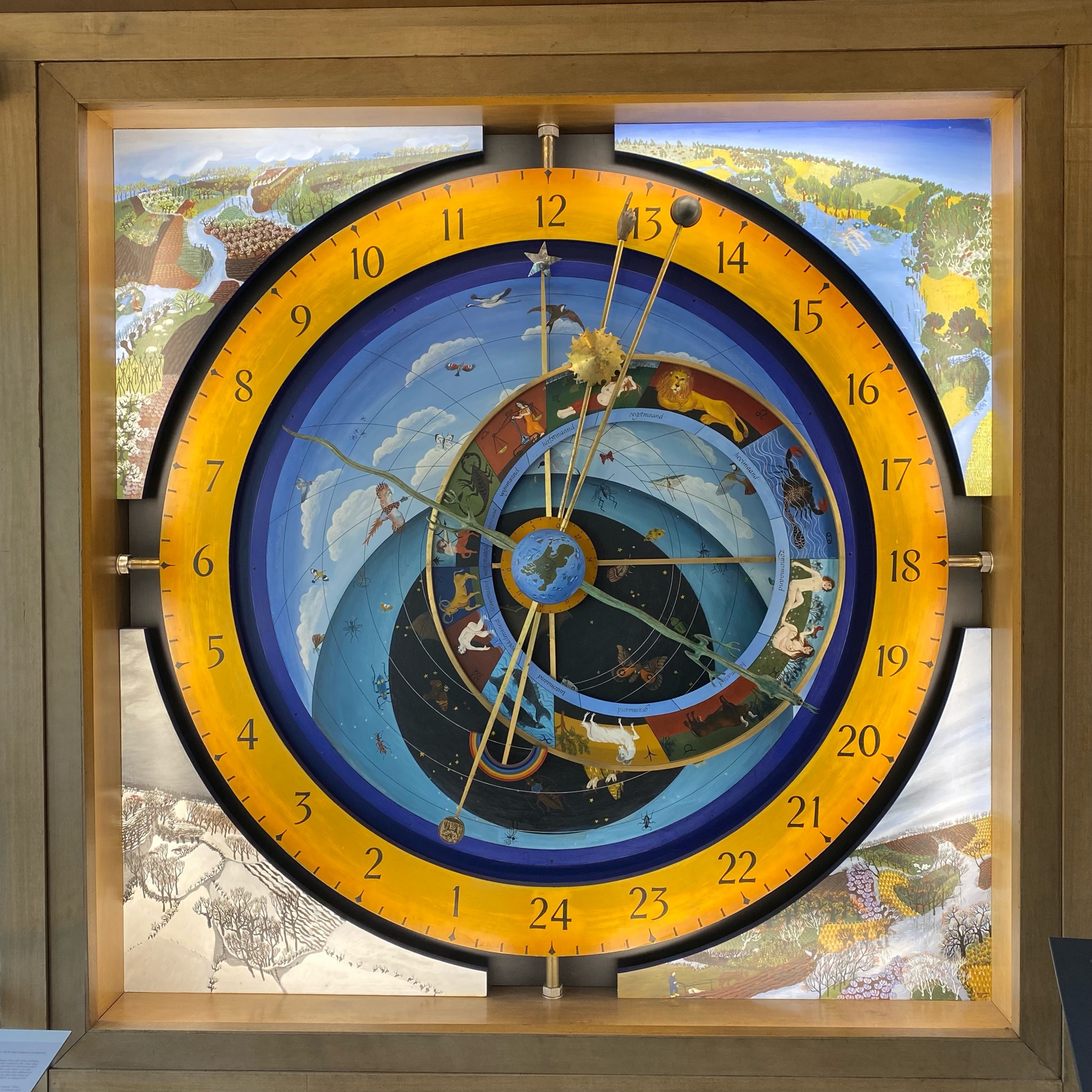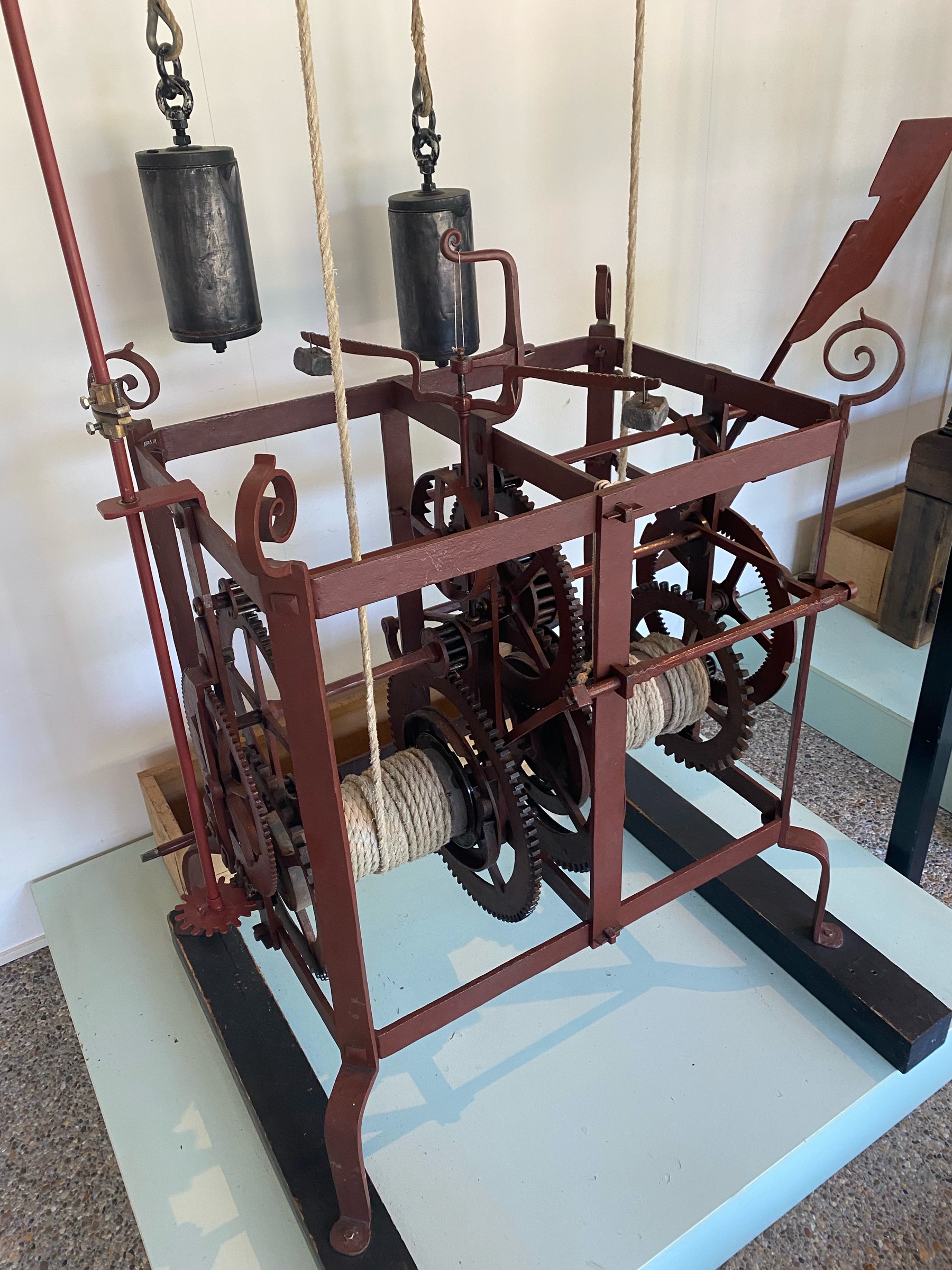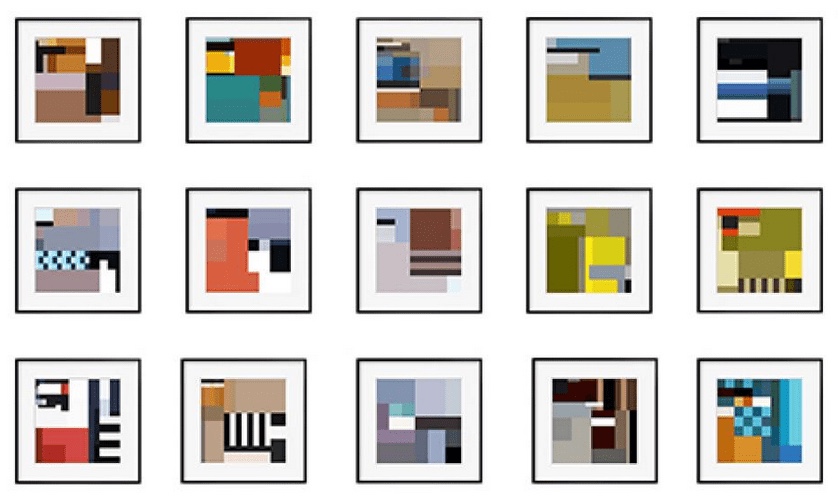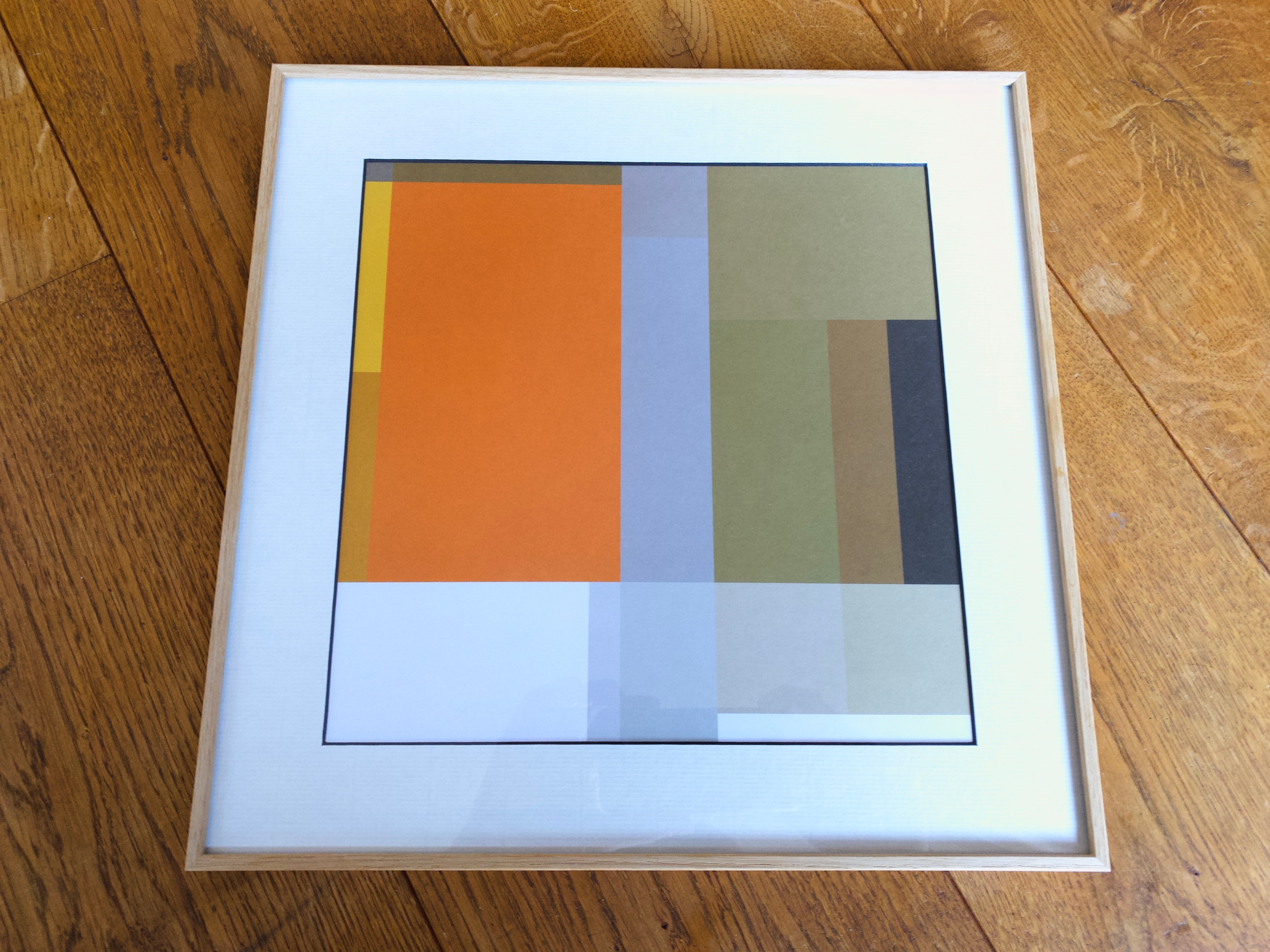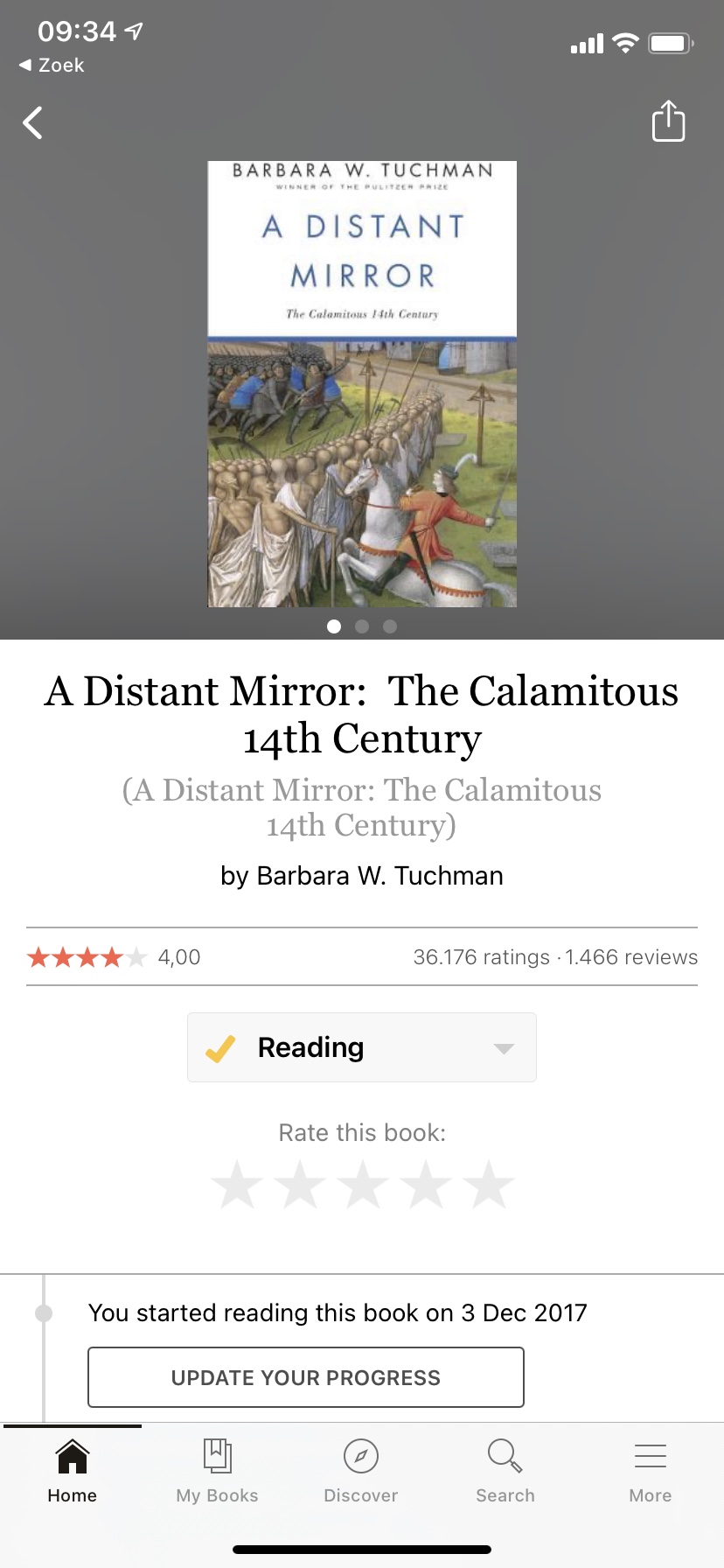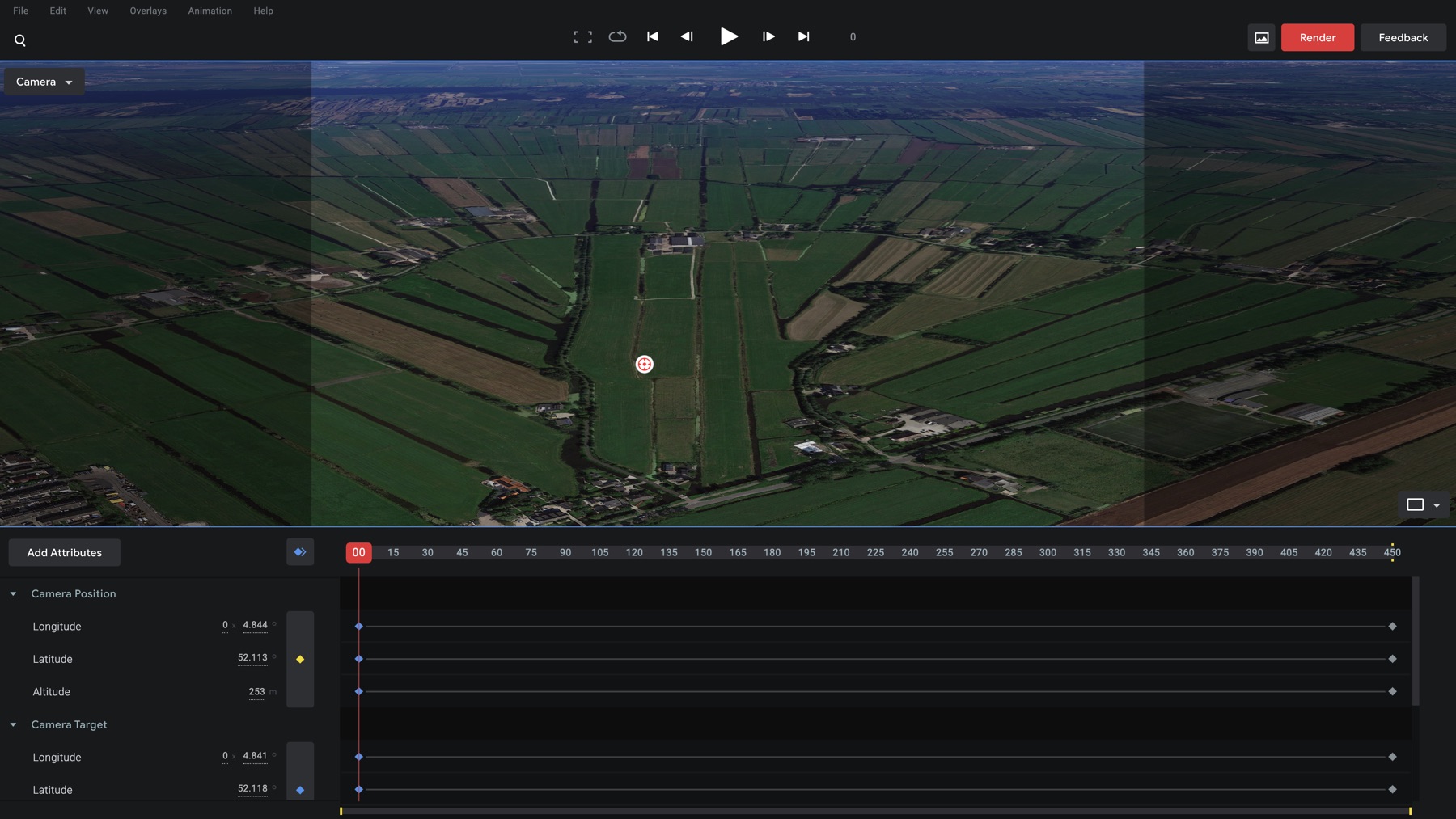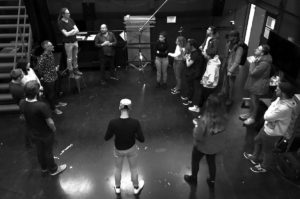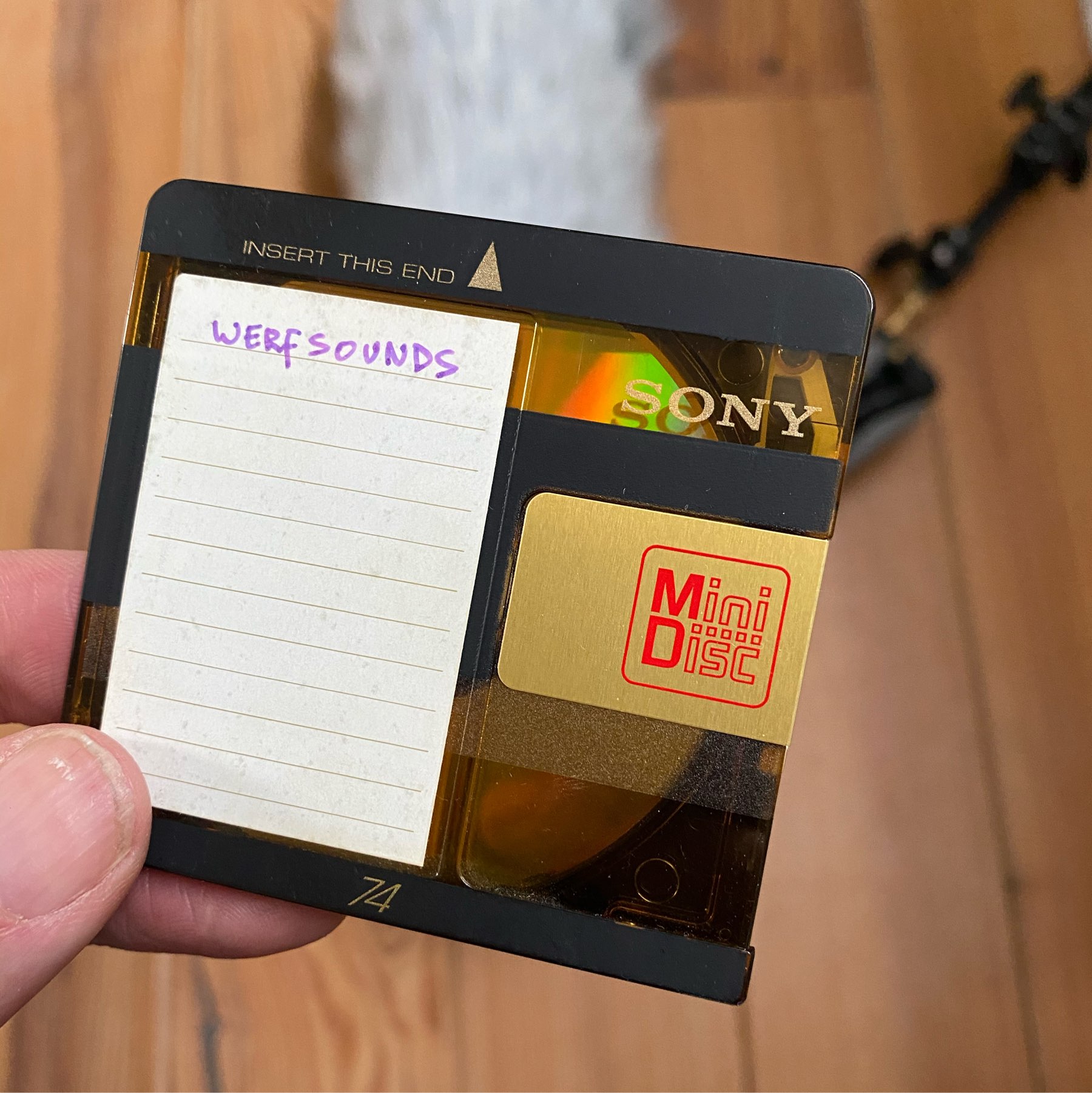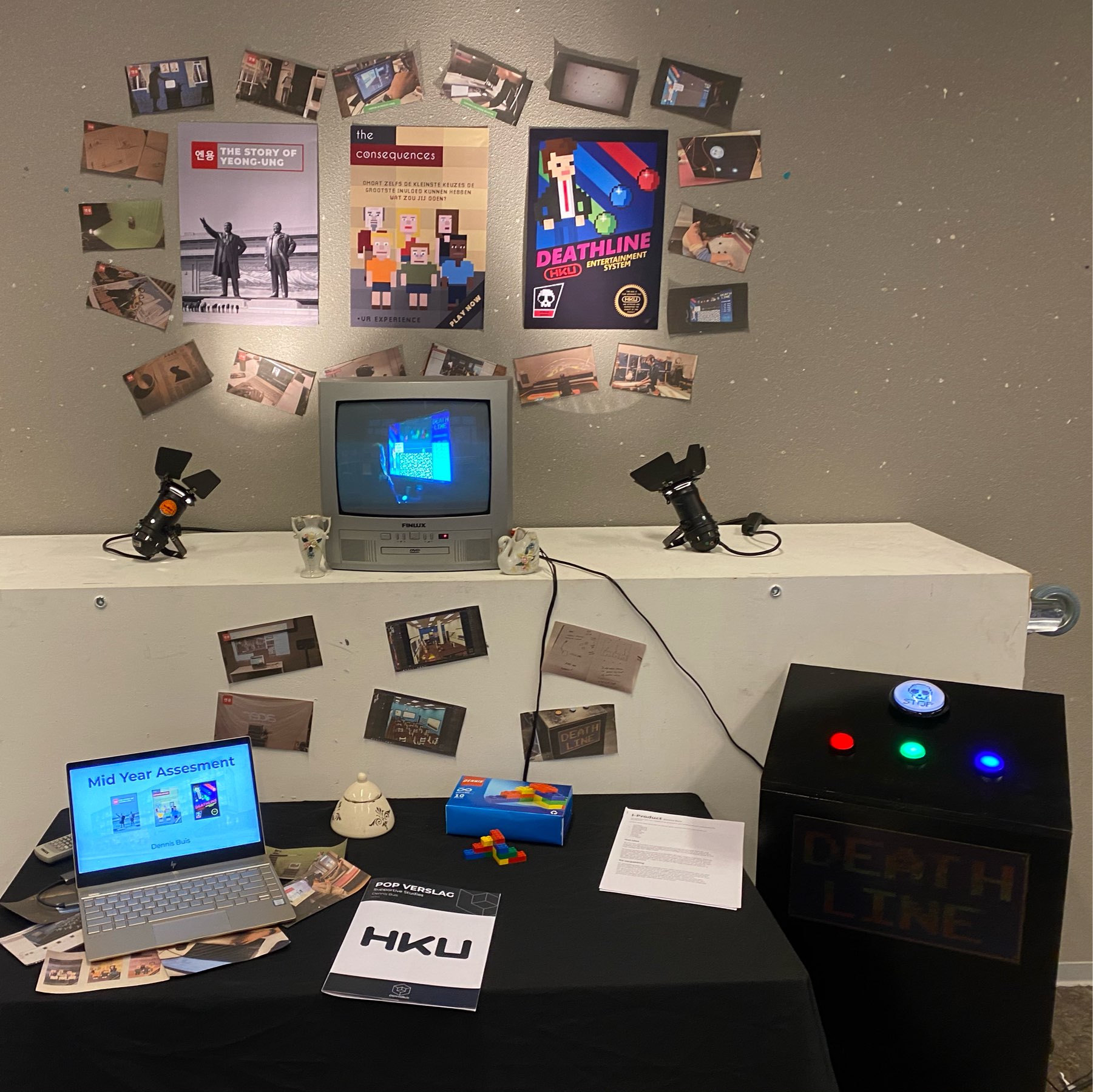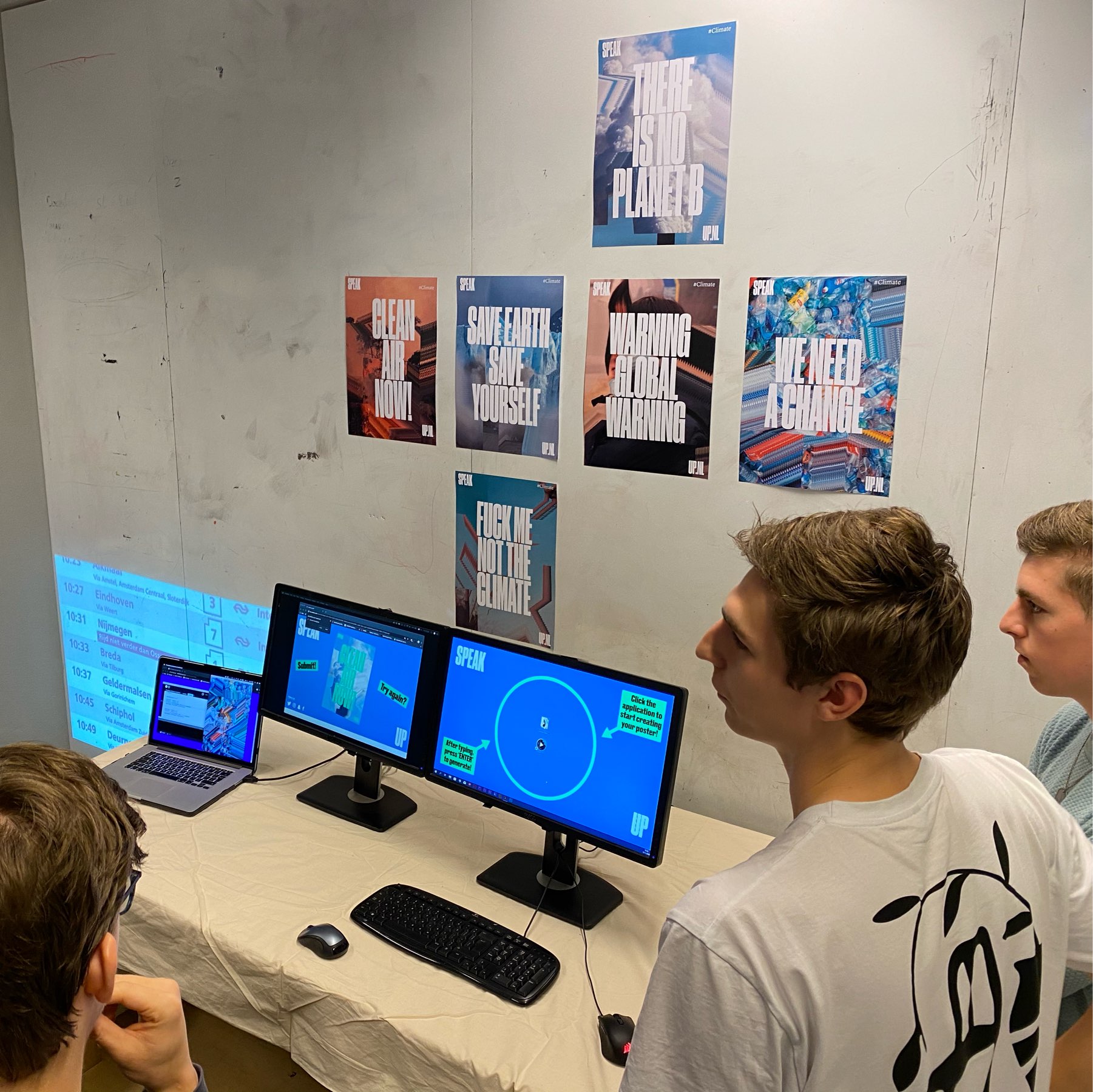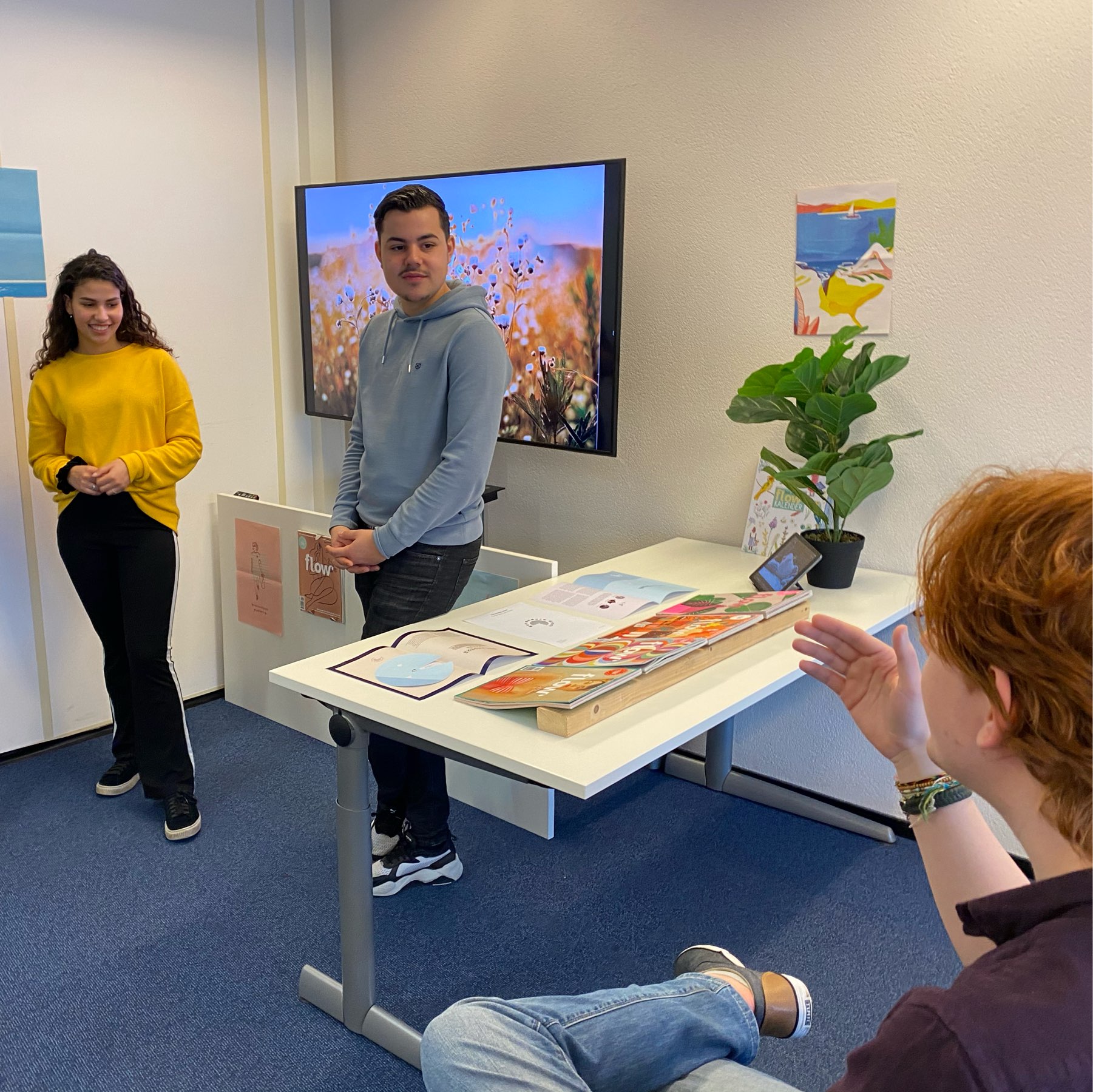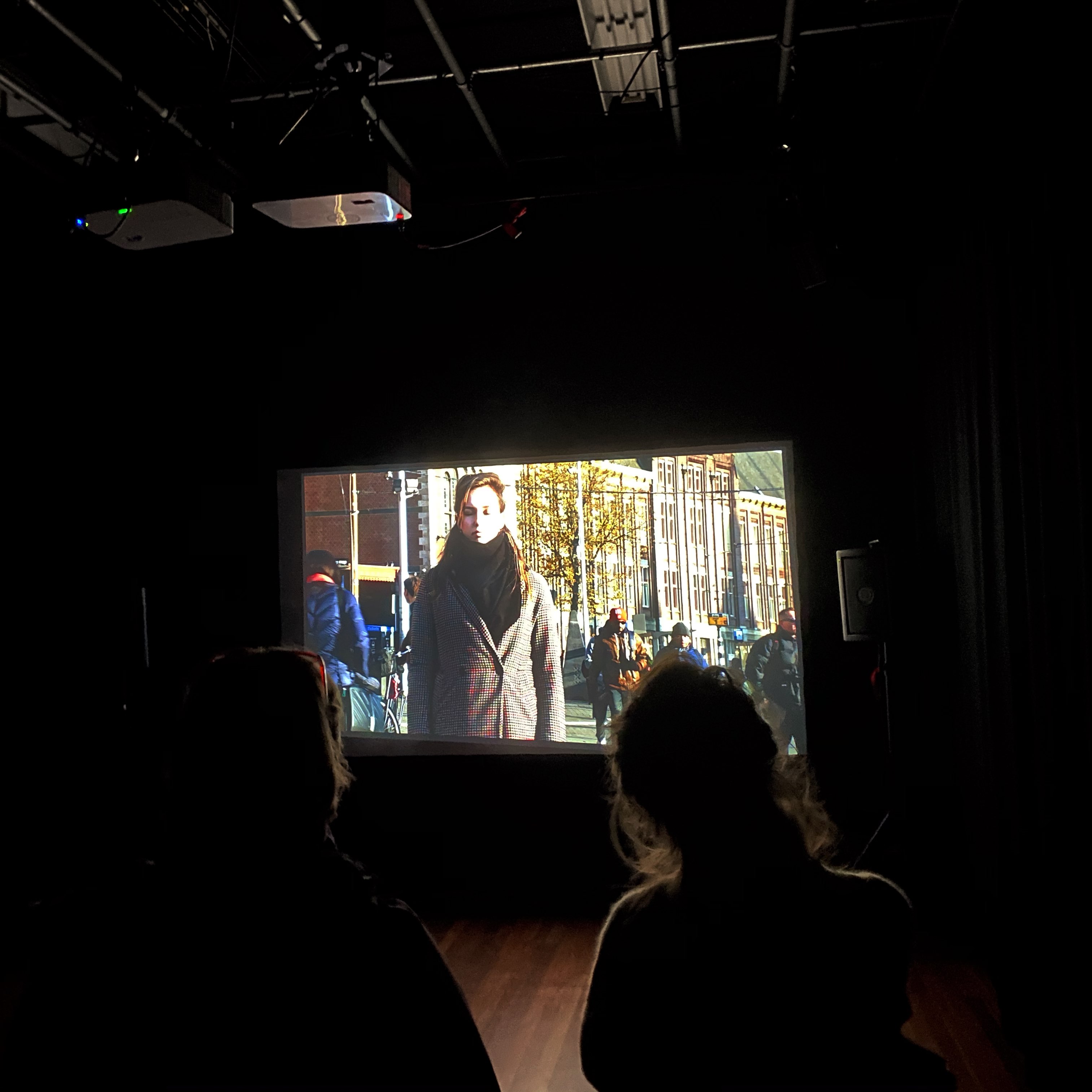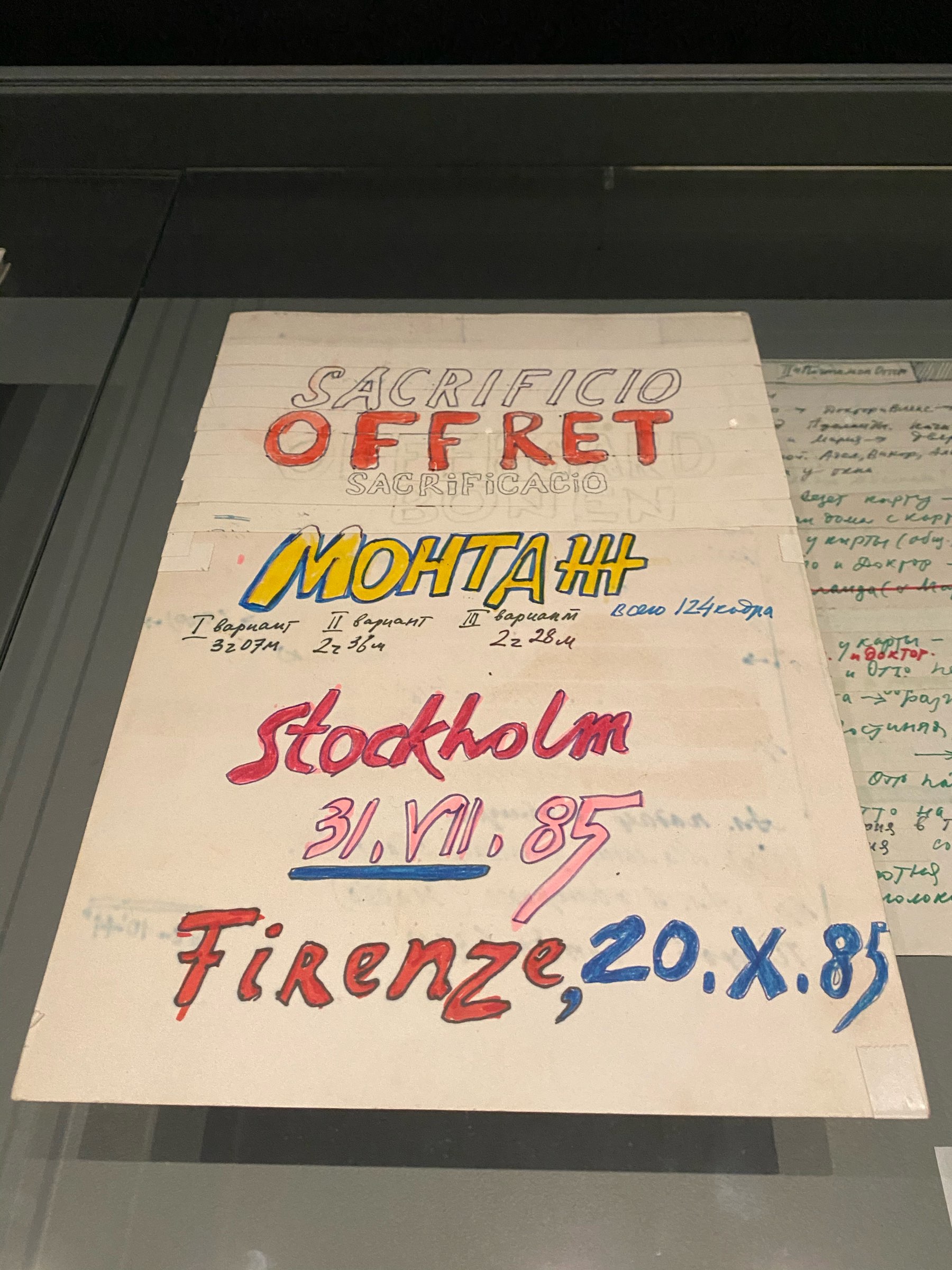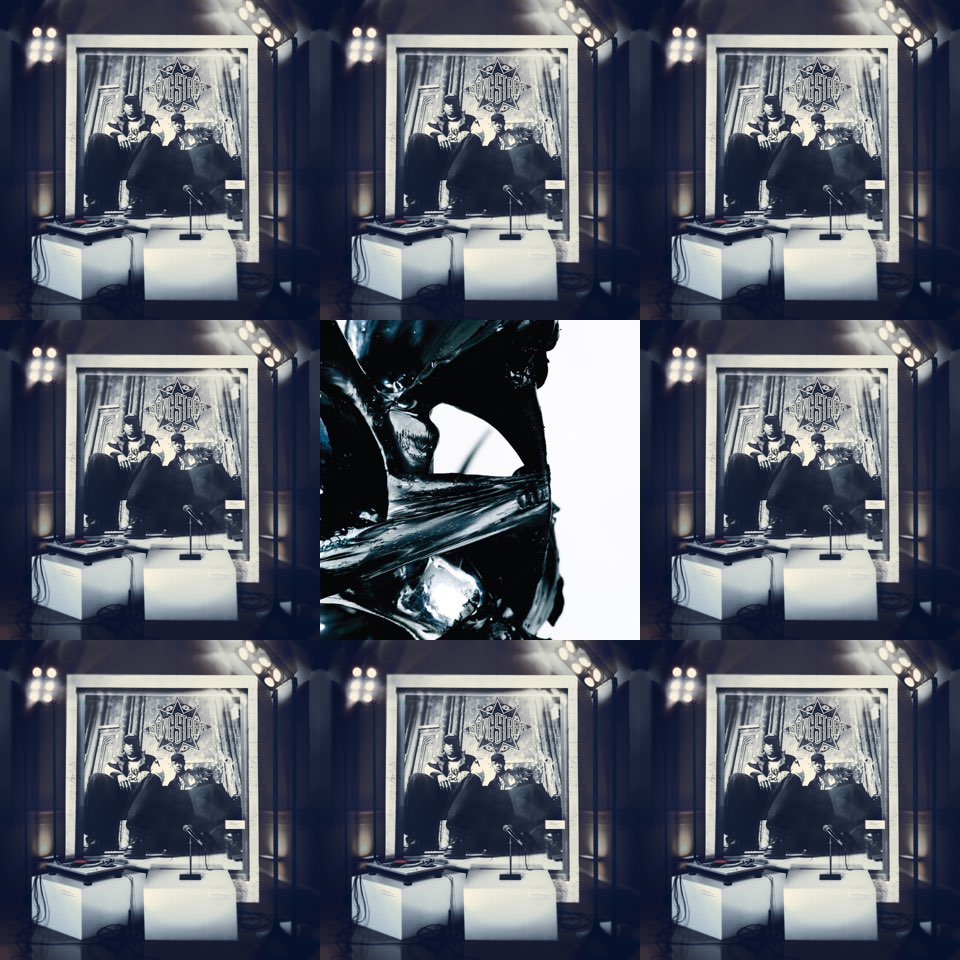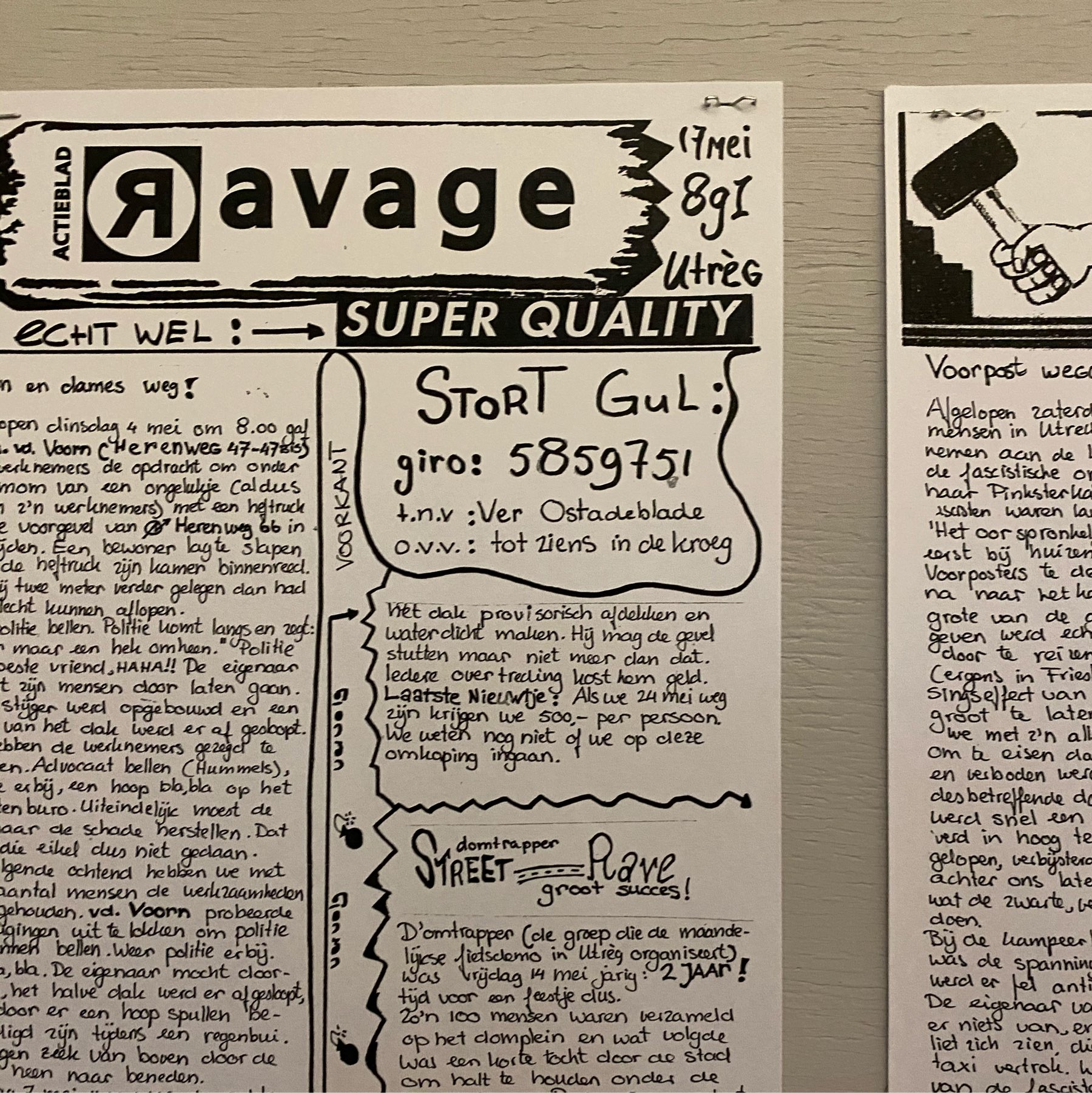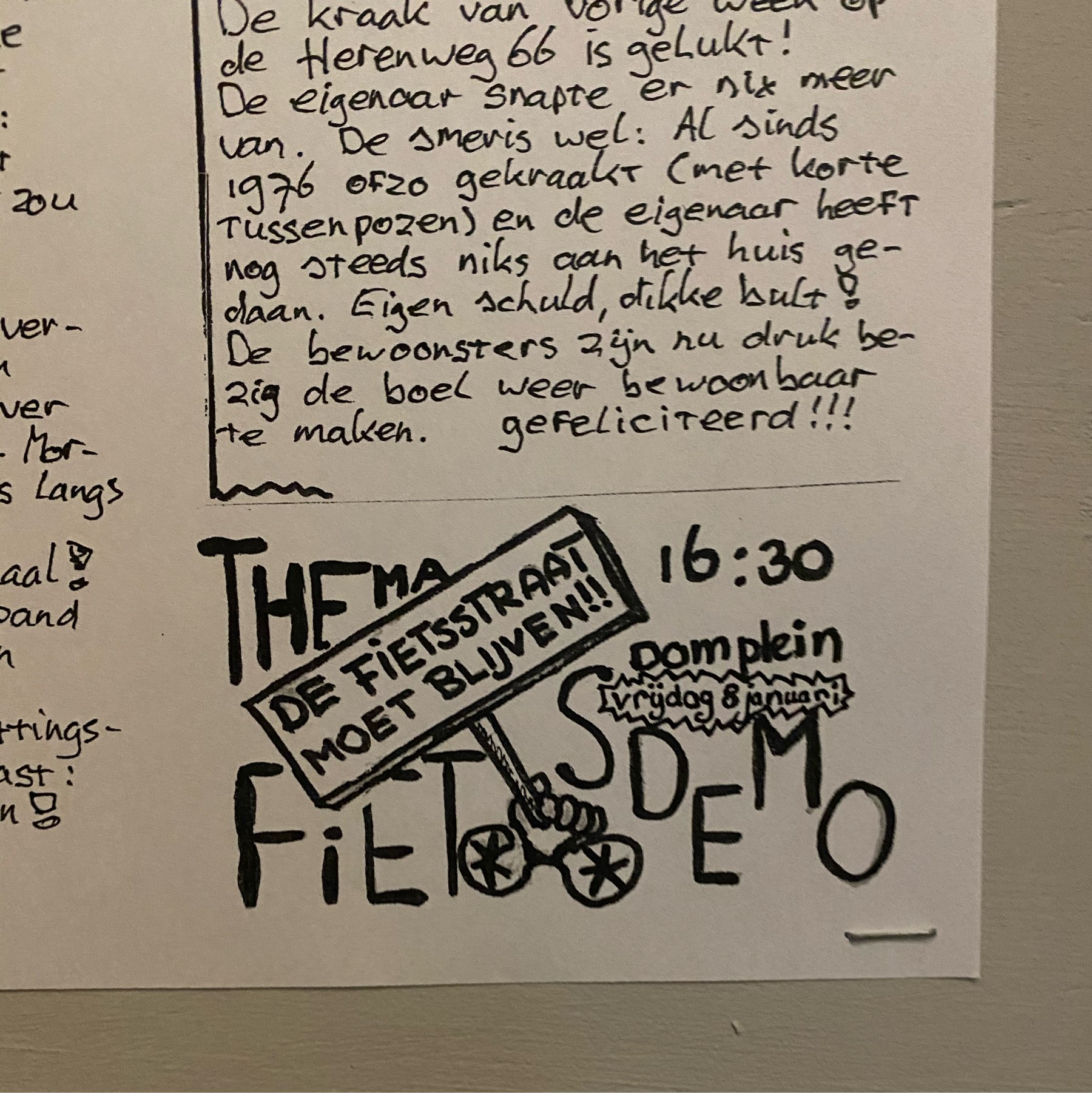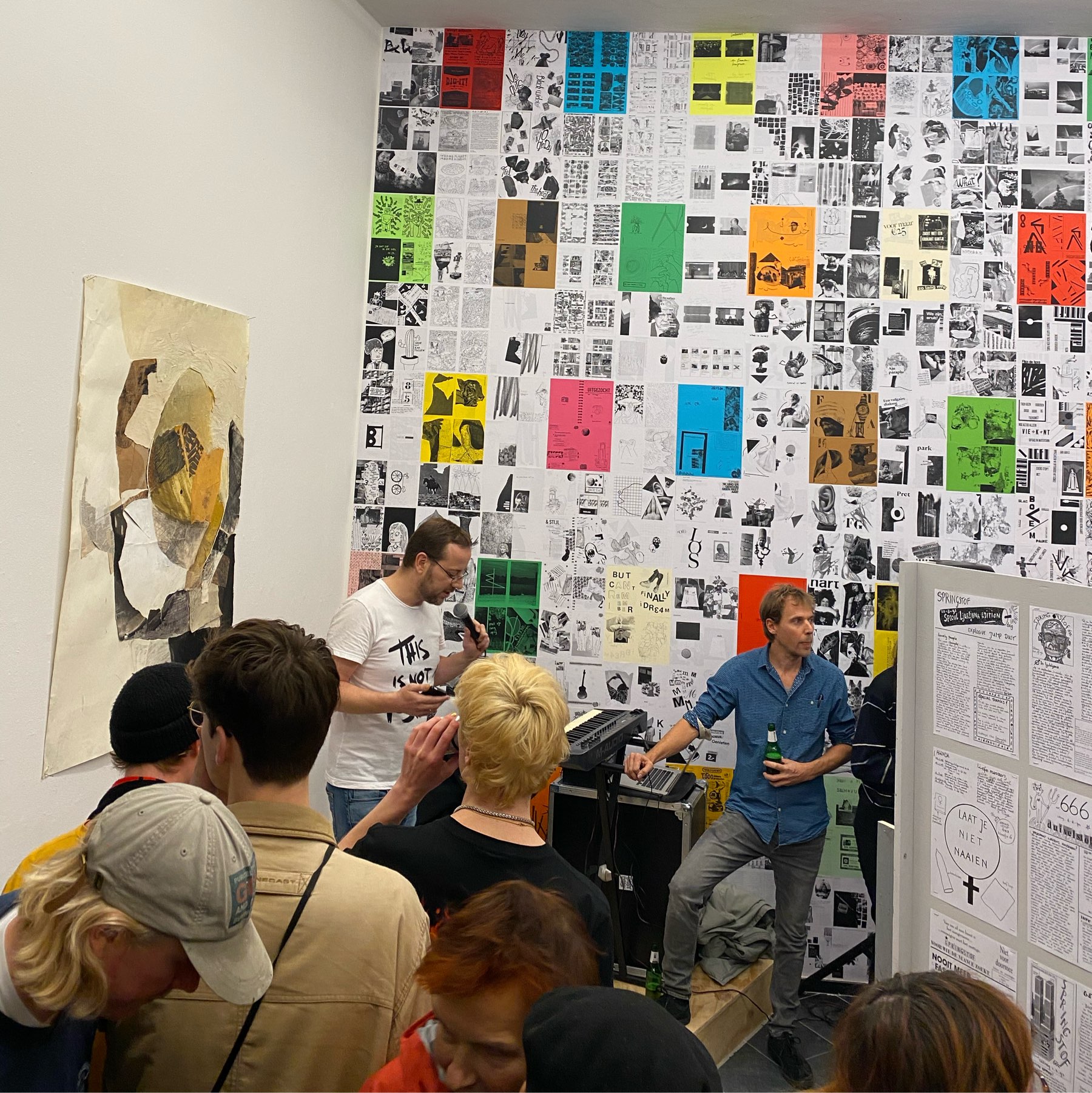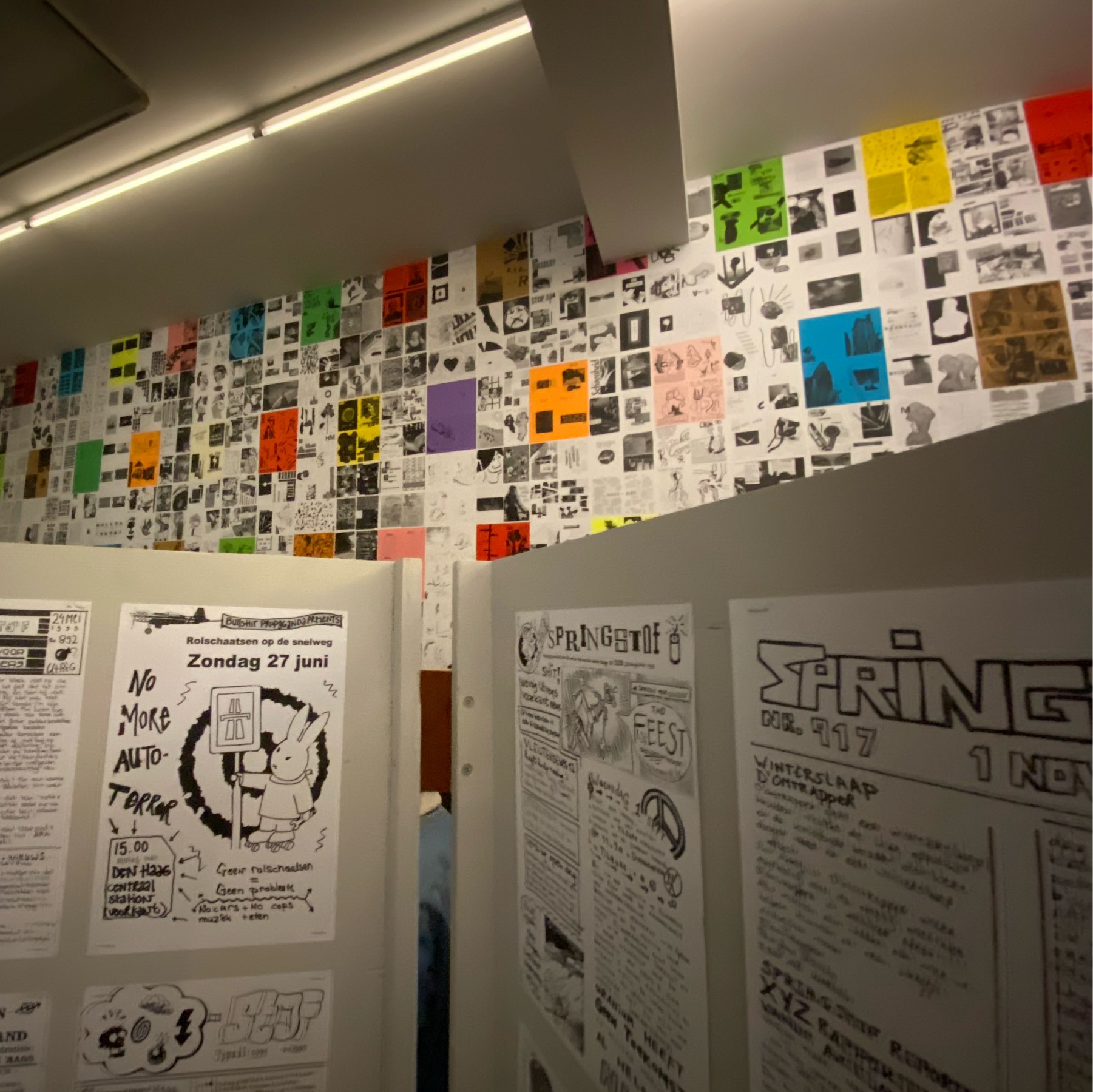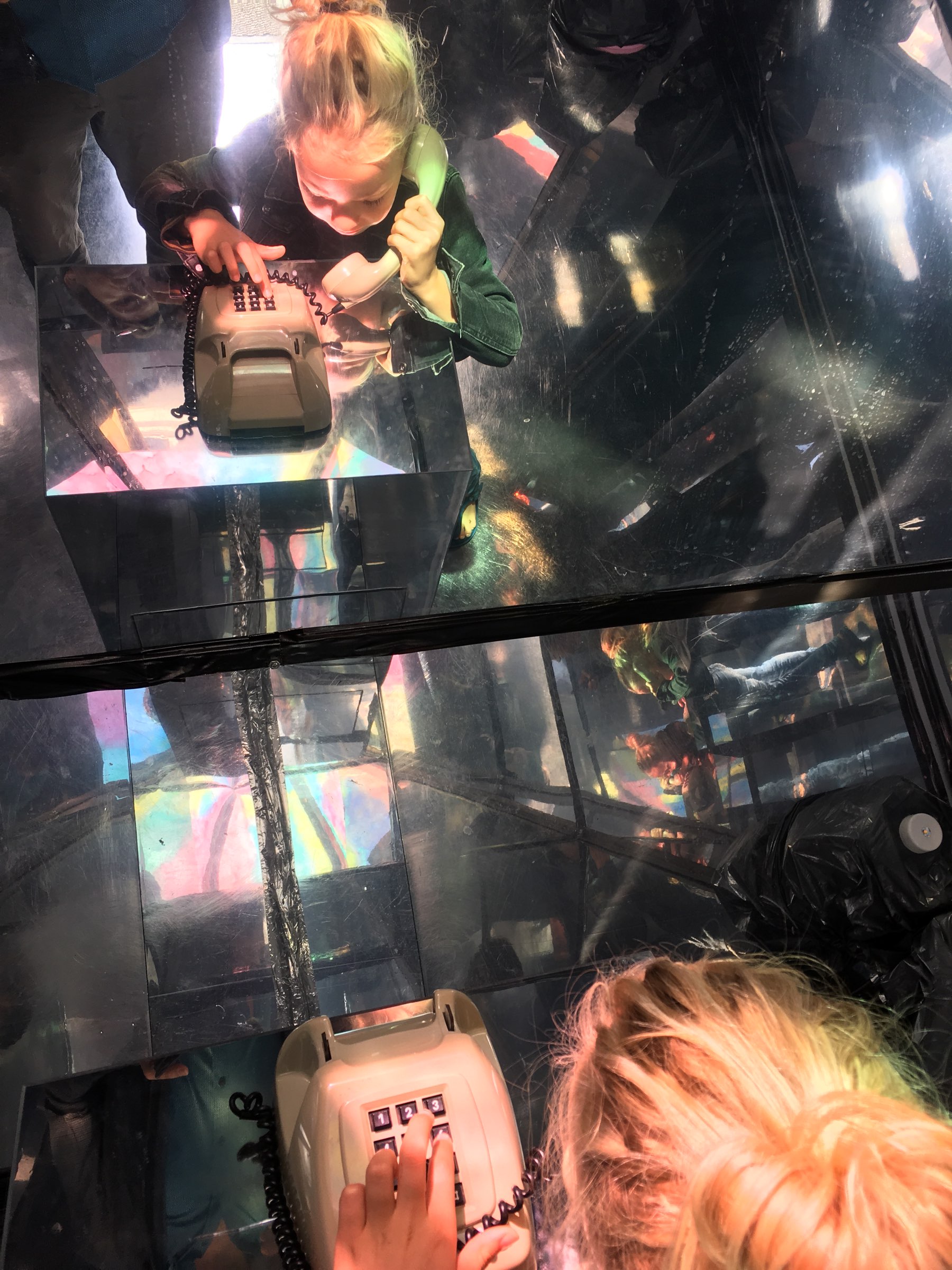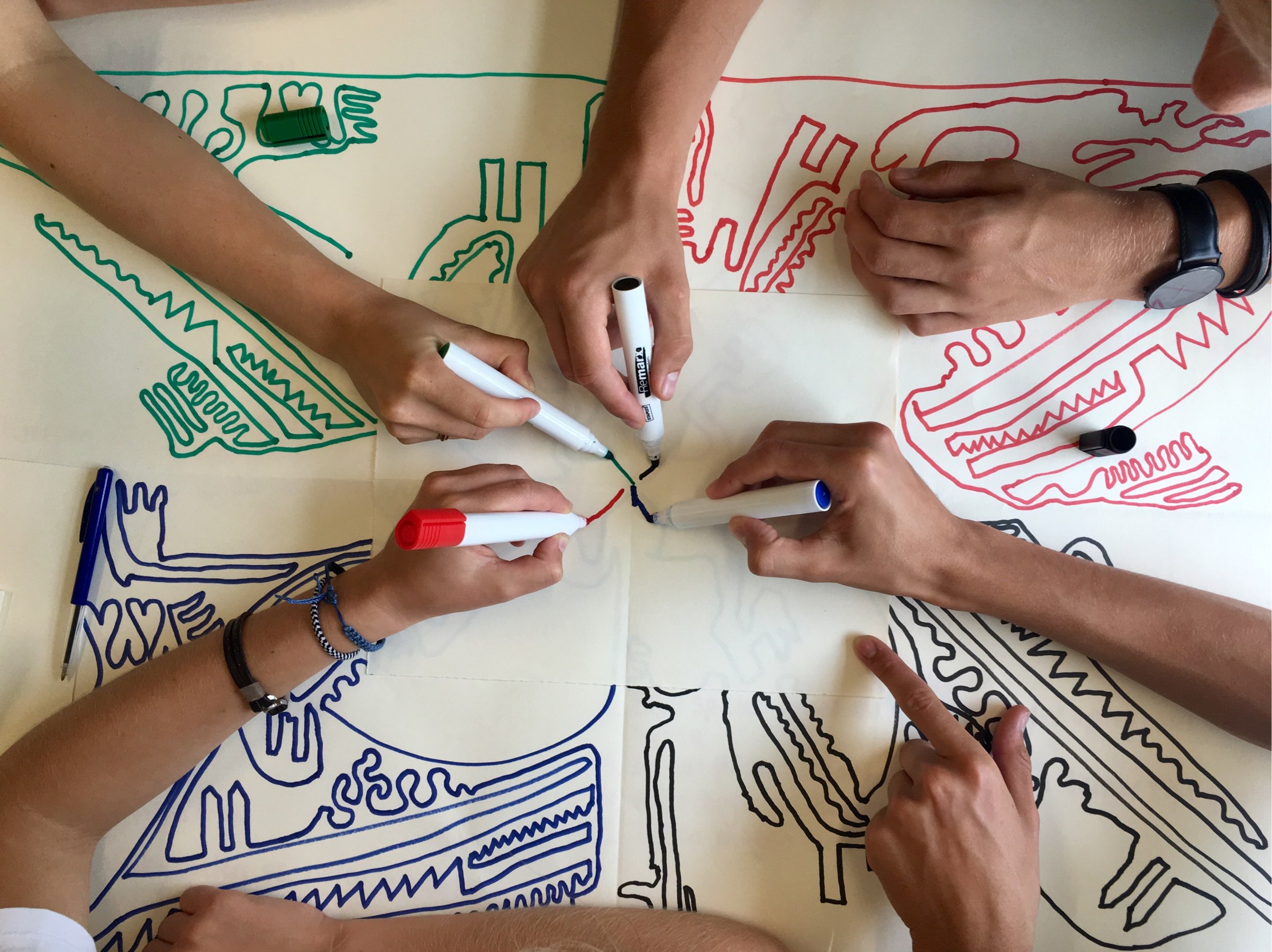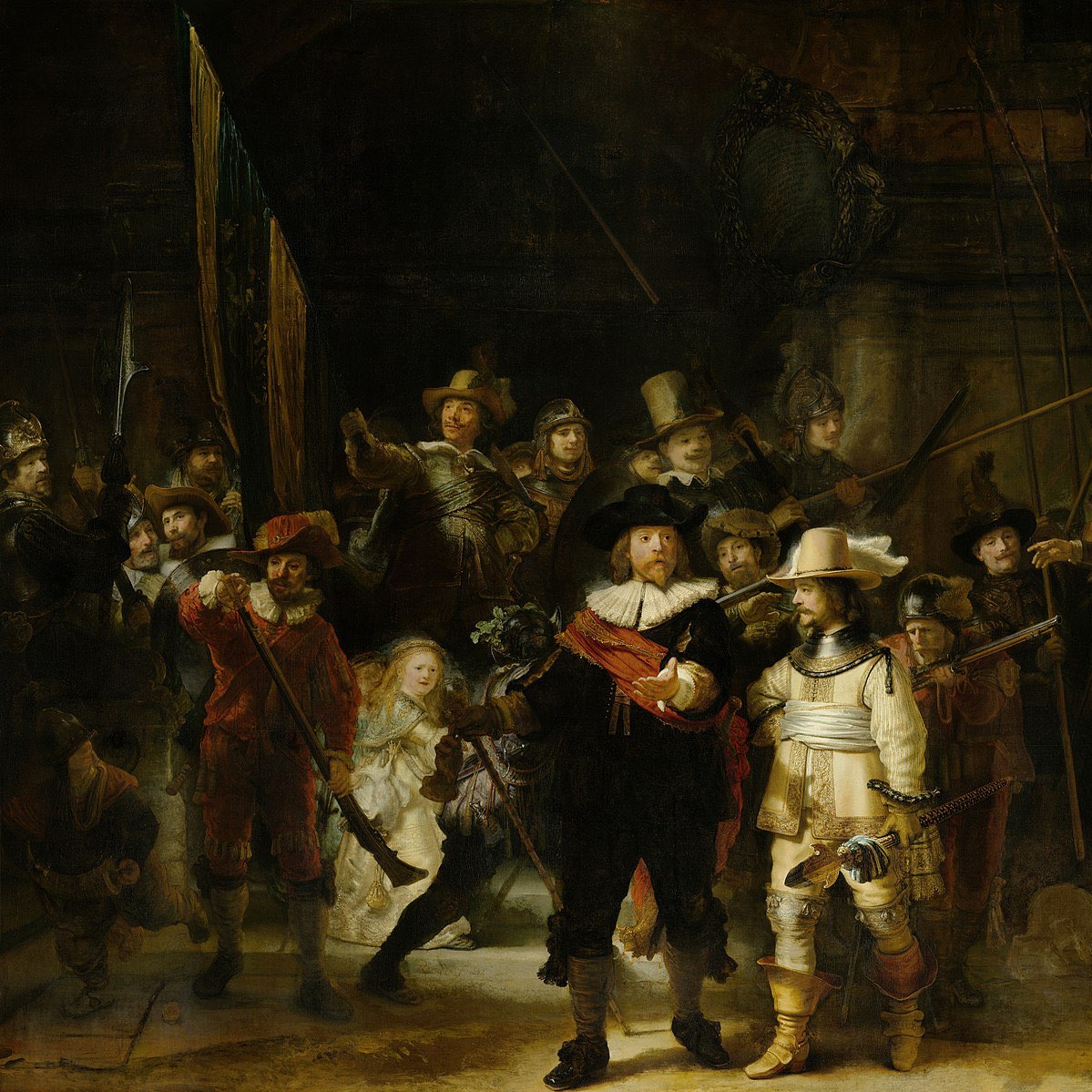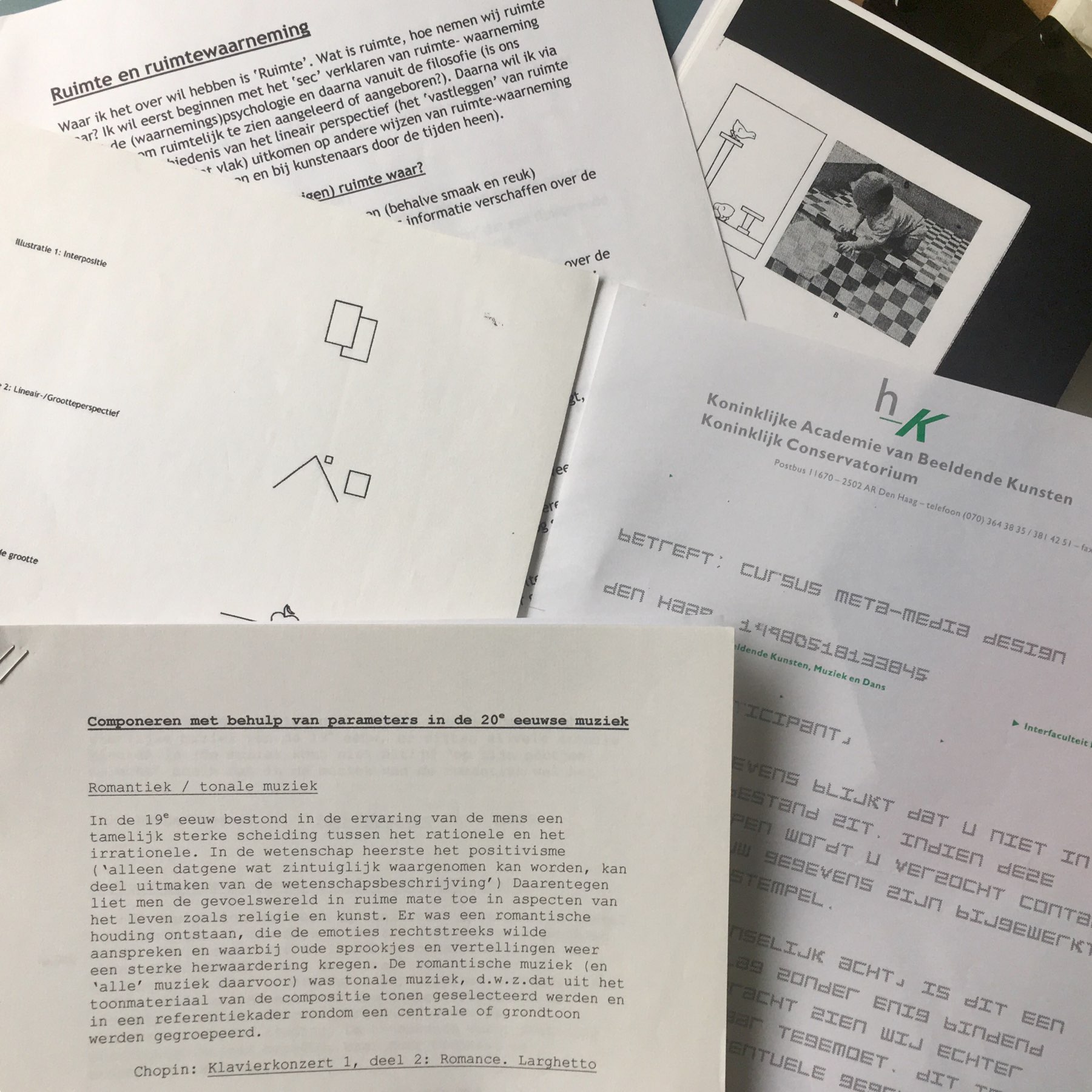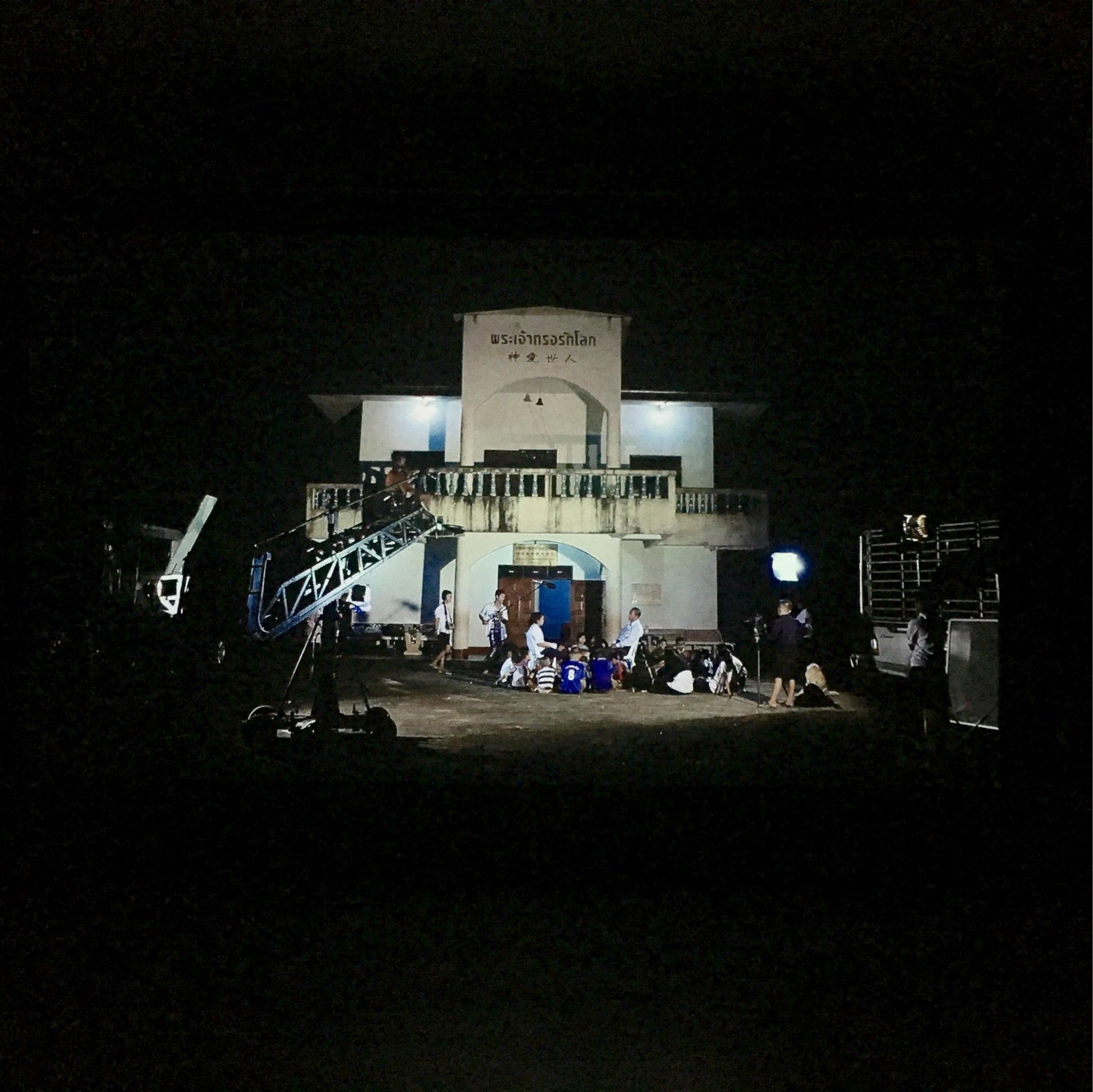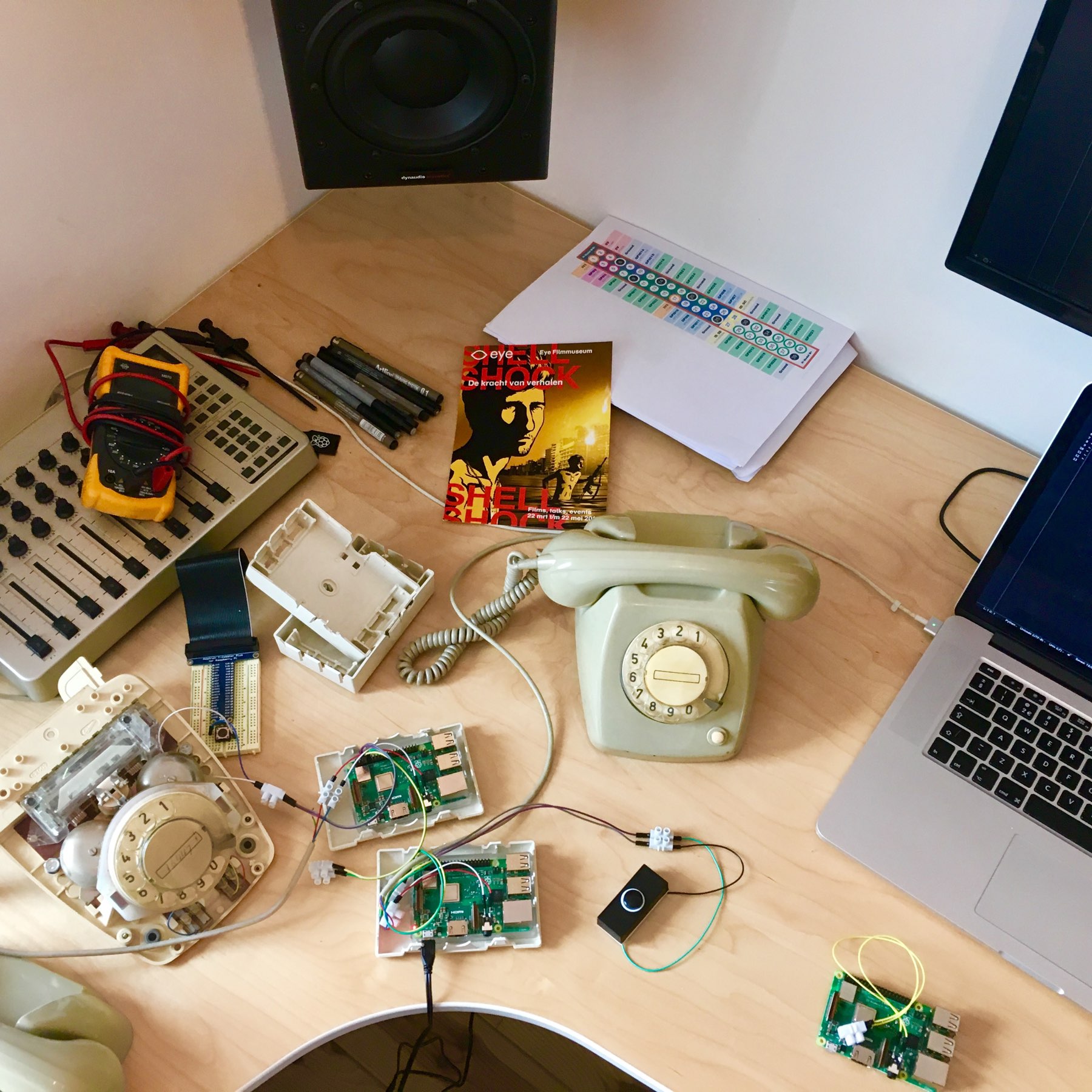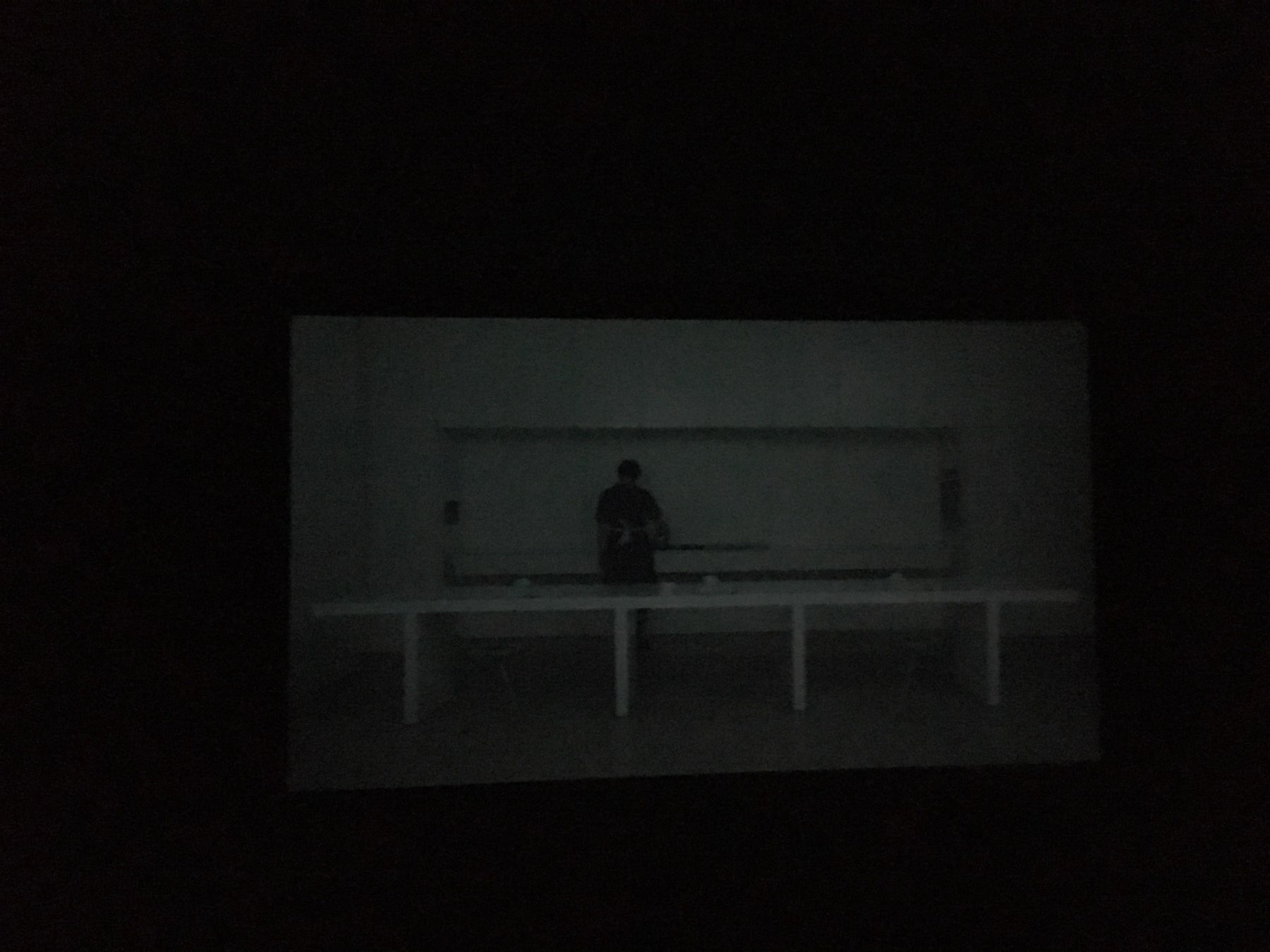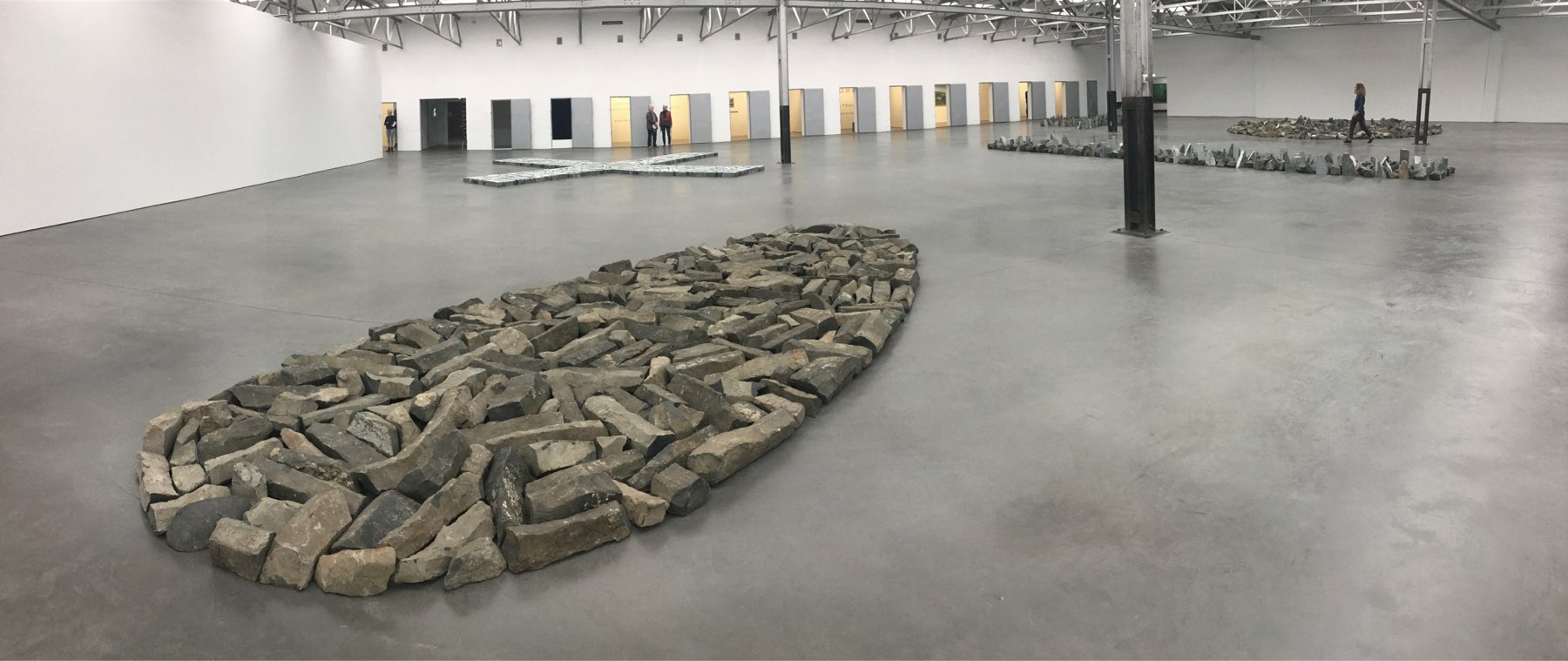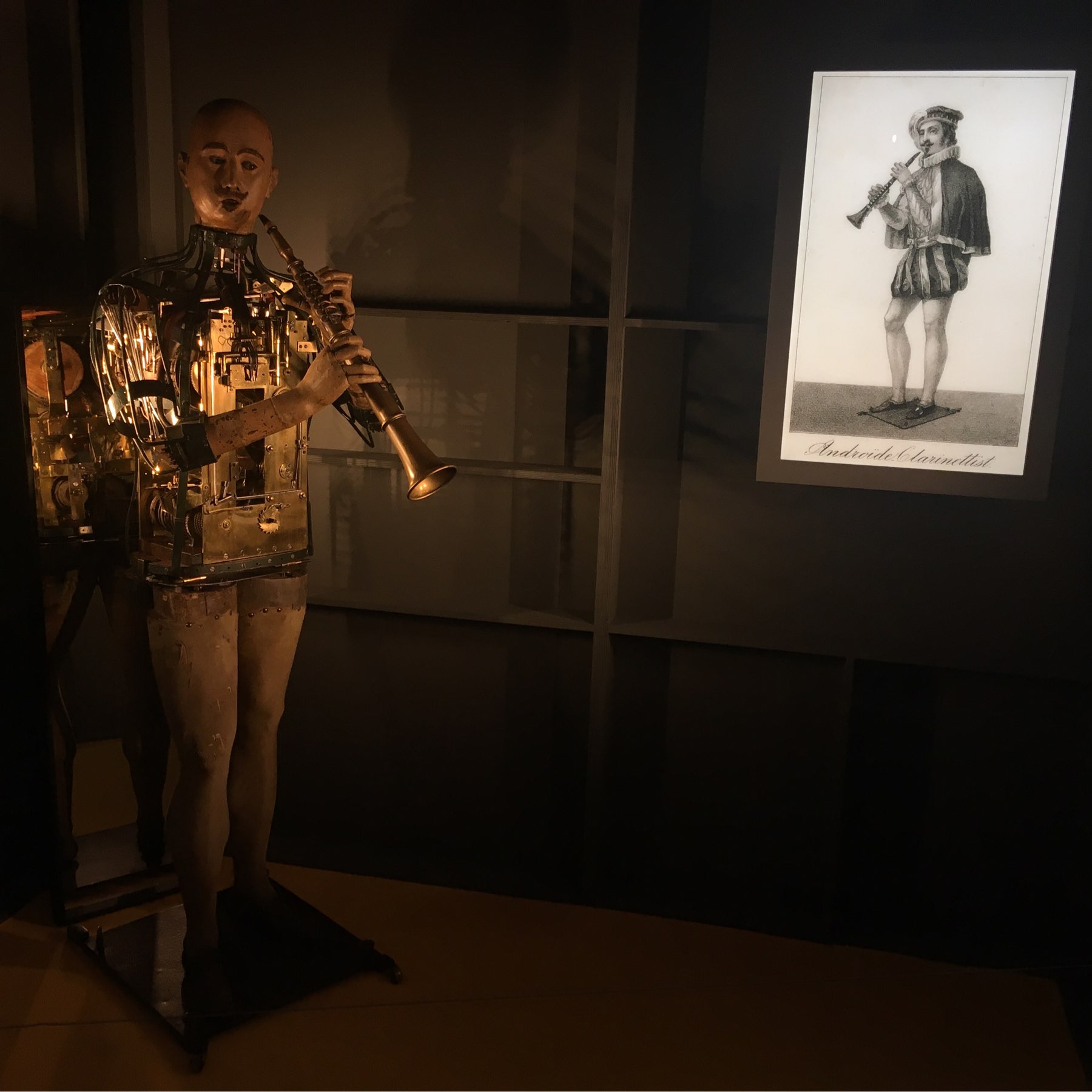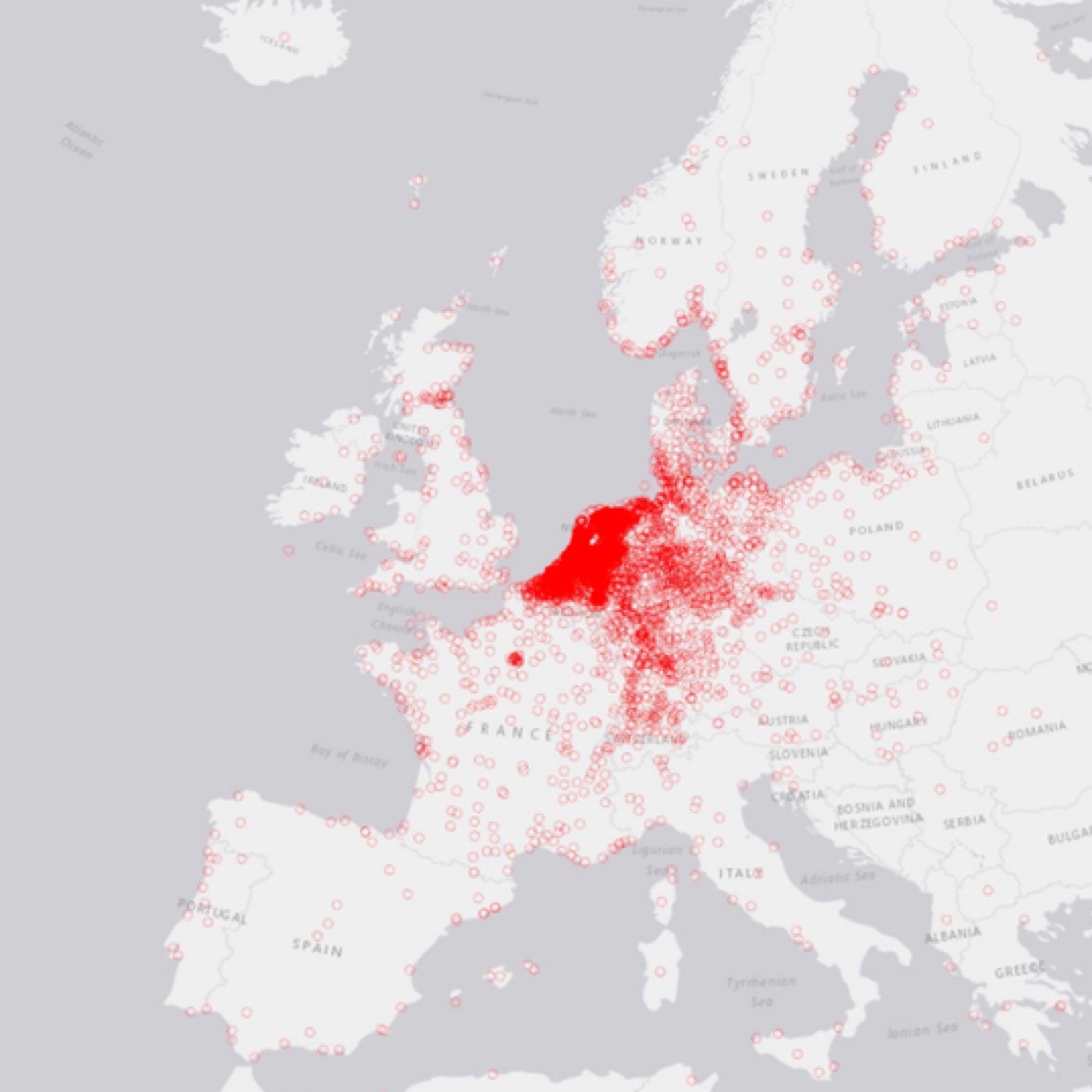Leestip: Why A.I. Isn’t Going to Make Art
Art is notoriously hard to define, and so are the differences between good art and bad art. But let me offer a generalization: art is something that results from making a lot of choices. […] If an A.I. generates a ten-thousand-word story based on your prompt, it has to fill in for all of the choices that you are not making. There are various ways it can do this. One is to take an average of the choices that other writers have made, as represented by text found on the Internet; that average is equivalent to the least interesting choices possible, which is why A.I.-generated text is often really bland. Another is to instruct the program to engage in style mimicry, emulating the choices made by a specific writer, which produces a highly derivative story. In neither case is it creating interesting art.
A dog can communicate that it is happy to see you, and so can a prelinguistic child, even though both lack the capability to use words. ChatGPT feels nothing and desires nothing, and this lack of intention is why ChatGPT is not actually using language.
We are entering an era where someone might use a large language model to generate a document out of a bulleted list, and send it to a person who will use a large language model to condense that document into a bulleted list. Can anyone seriously argue that this is an improvement?
It’s not impossible that one day we will have computer programs that can do anything a human being can do, but, contrary to the claims of the companies promoting A.I., that is not something we’ll see in the next few years. Even in domains that have absolutely nothing to do with creativity, current A.I. programs have profound limitations that give us legitimate reasons to question whether they deserve to be called intelligent at all.
The task that generative A.I. has been most successful at is lowering our expectations, both of the things we read and of ourselves when we write anything for others to read. It is a fundamentally dehumanizing technology because it treats us as less than what we are: creators and apprehenders of meaning. It reduces the amount of intention in the world.
We are all products of what has come before us, but it’s by living our lives in interaction with others that we bring meaning into the world. That is something that an auto-complete algorithm can never do, and don’t let anyone tell you otherwise.


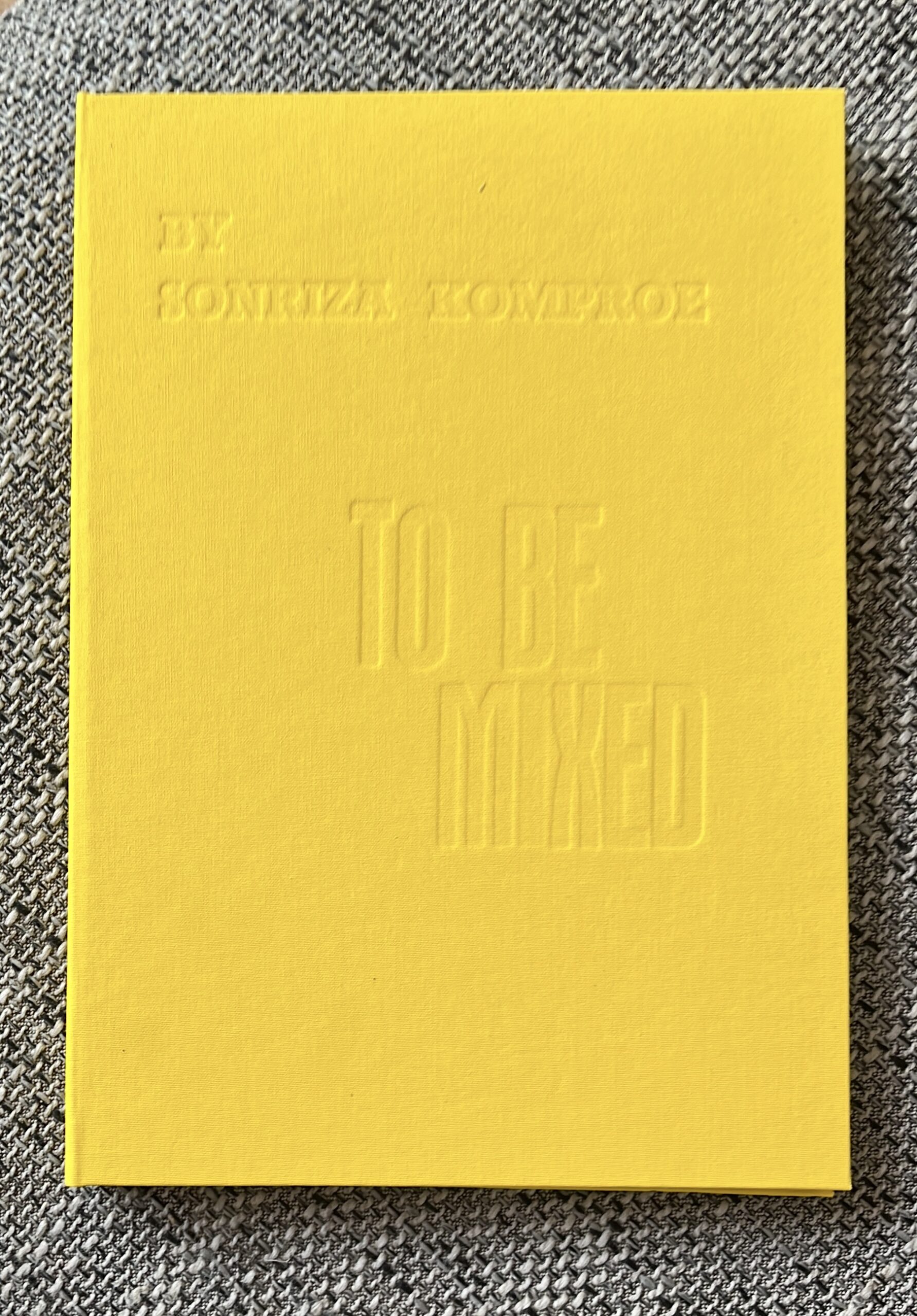 Proud of all my students who graduated in the last few weeks! And happy to be the owner of this beautiful and limited edition book by one of them (a side project of a bigger project including a short documentary on bicultural identity).
Proud of all my students who graduated in the last few weeks! And happy to be the owner of this beautiful and limited edition book by one of them (a side project of a bigger project including a short documentary on bicultural identity).
